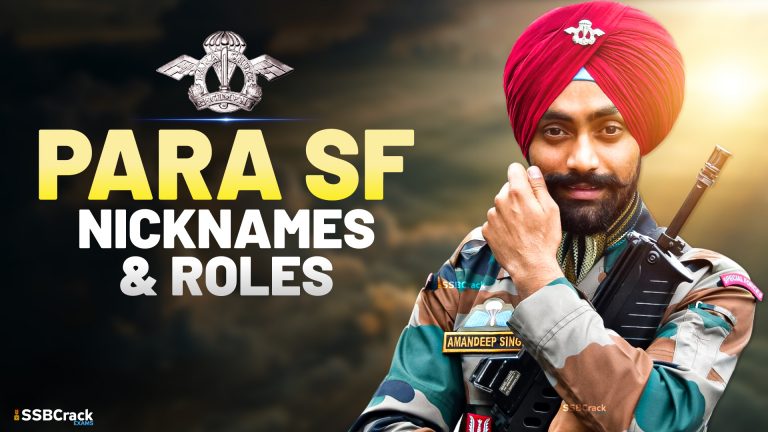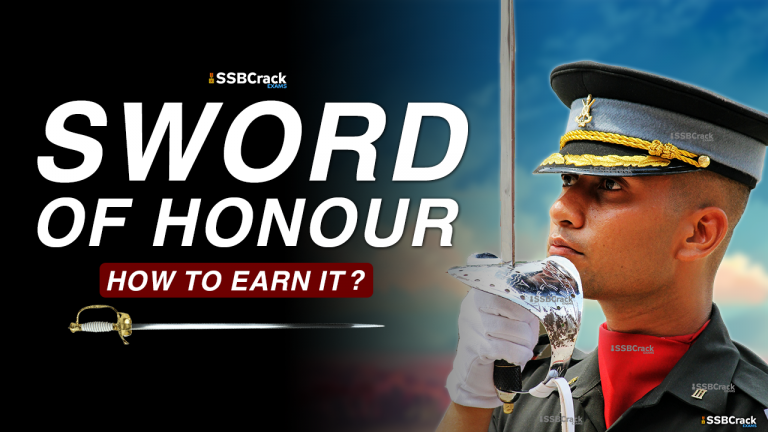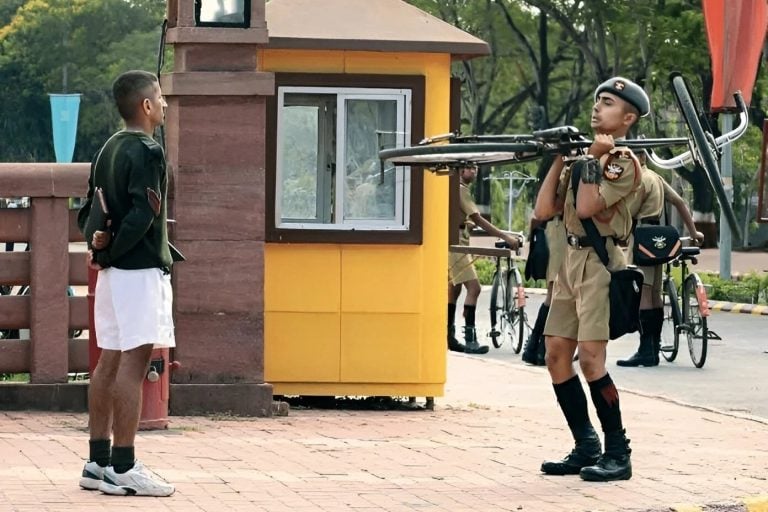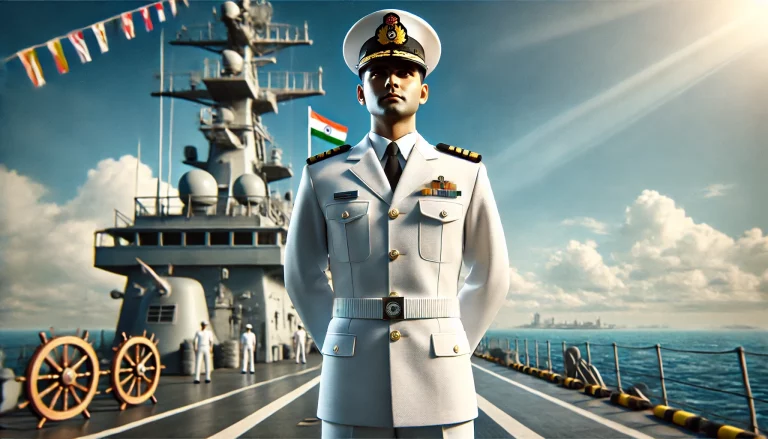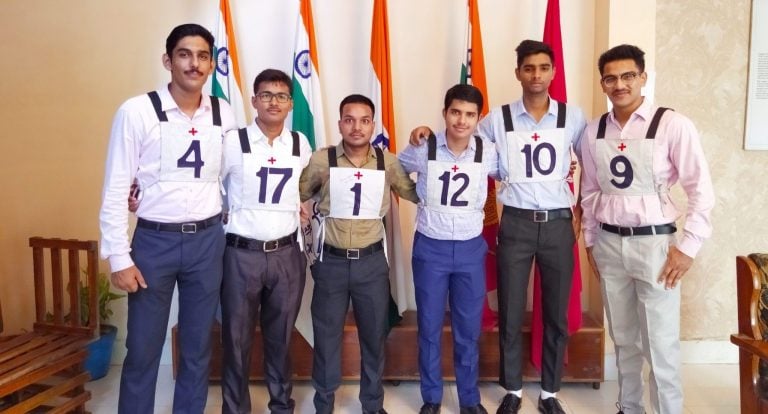Leadership isn’t something you declare; it’s something you demonstrate. Admittedly, leadership is hard. Discipline is hard, and controlling your own mind is hard, but mentally strong leaders successfully negotiate and balance all three in order to achieve and sustain success. Do you have the mental strength to lead yourself and others?
Here is some distinct behaviour that might give you a lead. Always remember and do your best to deploy these traits of a good military leader during the Command Task or afterward during your military career.
• Loyalty
You should have faithfulness to country, corps, unit, and to your seniors and subordinates.
• Sense Of Honour And Integrity
One should have the uprightness of character and soundness of moral principle, absolute truthfulness, and honesty, fairness, and impartiality in exercising command. In the military, you’re a service member always and should follow the Chetwode Moto. That being said, if your troops know you have their backs and will support them as much as you can, then that will be reciprocated. Your troops will sometimes test your patience and will do things that will make you shake your head and laugh because there is no other appropriate response.
• Sense Of Responsibility
Sounds Cliché, but whether you are conscious of it or not you are always leading by example. Keep your uniform clean and the public parts of your personal life above board. That makes a bigger difference than people realize. Also, practice constant endeavour to discharge the responsibilities accepted as an officer.
• Knowledge
One should acquire information including professional knowledge and an understanding of the people. You must be a Subject Matter Expert in both the common military tasks and the specific tasks of your regiment or branch. If you don’t know your troops’ jobs, how can you know if they’re doing it correctly or not? How can you evaluate your troops’ ability to do their jobs if you don’t know what that job is?
• Courage
Courage is a mental quality that recognizes fear of danger or criticism but enables one to proceed in the face of it with calmness and firmness. Don’t demand your troops to do anything you’re unwilling to do or haven’t done yourself. If the task is needed to accomplish the mission, then get your troops to hop to. If it’s a waste of time and not only because your troops think it is, but because it actually is, find something better to do – like training and don’t do the time waster.
• Initiative And Enthusiasm
Seeing what has to be done, and commencing a course of action, even in the absence of orders and the display of sincere interest and exuberance in the performance of duty. Your troops expect you to be a leader, so lead! Don’t micromanage. If you give your troops a mission, let them figure out how to get it done and let them do it – as long as their methods aren’t immoral, unethical, or illegal.
Sometimes there will be room for discussion as to what and how things get done; when those times happen to let your troops voice their thoughts and opinions – their ingenuity might surprise you and their ideas might be quicker and more effective than your ideas. Other times the mission isn’t up for a vote as the military protects democracy but doesn’t practice it and it’s those times you need to tell your men to shut up and just get it done.
• Decisiveness
You should have the ability to make decisions promptly and to announce them in a clear forceful manner. Do not be afraid to take audacious actions and decisions. But make sure damn sure you are right when you do.
• Tact
The ability to deal with others without creating offense and show respect for individuals and also, you should have a good understanding of the differences between tactics, strategy, logistics and how they interact with each other in routine or in exceptional times.
• Dependability
Dependability is the certainty of the proper performance of duty. Defend your troops to your superiors whenever possible as your troops will walk through fire for you and will go of their way not to make you look bad. That’s how you become dependable. Keep your rewards and punishments consistent and easy to understand. That line is literally straight out of the Art of War. It is just as true today as it was then. Yes, there are a standard set of rules that the entire military adheres to but there are numerous “lesser” laws of the military, that smaller unit commanders have the latitude to enforce without kicking things up the chain to screw over a grunt.
• Endurance And Unselfishness
Mental and physical stamina measured by the ability to stand pain, fatigue, distress, and hardship. Avoidance of providing for one’s comfort and personal advancement at the expense of others is unselfishness. You set the example for your troops and if you lack any of the values, your troops will follow in your stead. To echo others’ answers, the two most important are respect and integrity. Your troops might respect your rank because they have to, but they don’t have to respect you as a person. Earn their respect and give them respect. Likewise, if your troops can’t trust you, then they’re going to be reluctant to follow you.
You can prepare for SSB Interview OIR Test Officer Intelligence Rating Test and PPDT Picture Perception and Description Test and other defence entrance exams such as NDA, AFCAT, INET, and CDS by taking Written Online courses as they will not only give you access to full-length quality lectures but will also provide the facility to take standardized mock tests for better study and strategic growth in the exam. You can take multiple quizzes after each lesson to ensure a full understanding of the subject along with creating your customized lesson plans. You can check out the course content along with other important specifics at SSBCrack exams.
You can also access them through the SSBCrack Exams app available in the google play store.
Jai Hind

